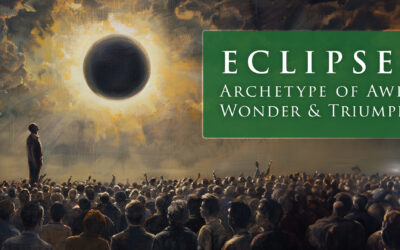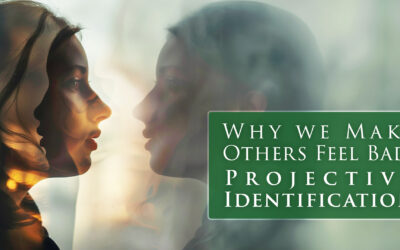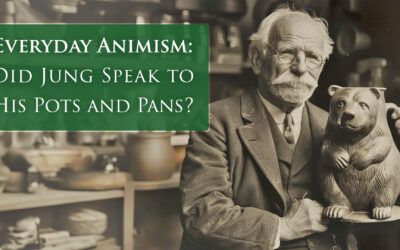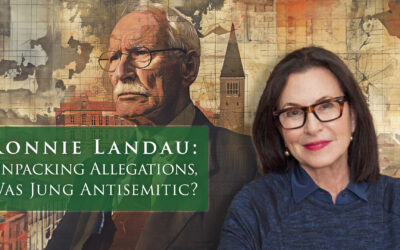OUR podcast
Subscribe to the show in your favorite application and never miss an episode!
APPLE PODCASTS | SPOTIFY | STITCHER | PLAYER FM | TUNE IN
MARTYR COMPLEX: Selfish or Selfless?
Control and manipulation are expected, with sufferers using their pain to influence others, making personal suffering a tool for interpersonal dynamics. This manipulation can maintain relationships or elicit specific behaviors, serving multiple purposes.
ECLIPSE: archetype of awe, wonder, and triumph
Solar eclipses captivate and draw us into their path, awakening a sense of awe and existential insight. They remind us of nature’s immense power and the transience of our existence. During eclipses, animals and plants exhibit strange behavior, and our fascination with astrology and celestial influences reflects a universal curiosity to understand the mysteries of the universe and our place in it.
Kate Berlant: Art, Psych, and the Collective Unconscious in new movie DREAM SCENARIO
“Dream Scenario” is a thought-provoking new film that explores the uncanny power of the collective unconscious to shape culture and be shaped by it. In the movie, Nicholas Cage’s character Paul mysteriously starts appearing in others’ dreams across the globe. He grapples with the fear of being randomly celebrated by the collective and later demonized. Kate Berlant’s role in the film and insights into Jungian analysis and dream interpretation launch our conversation into the growing presence of Jung’s insights in art and film. We explore the effect of instant and unwarranted celebrity through social media and the power of archetypal roles to change the actor and activate the collective. Kate reveals her personal connection to analytical psychology and the path her inner work has taken her.
Why We Make Others Feel Bad: understanding projective identification
Projective identification, first highlighted by Melanie Klein through observations of infant-mother interactions, is a cornerstone of psychoanalytic theory. It describes the process where an individual unconsciously projects disowned feelings, desires, or self-aspects onto another, manipulating the relational context to evoke these projected feelings or behaviors in the other, thus creating a validating feedback loop.
Everyday Animism: Did Jung speak to his pots and pans?
Jung held a fascinating belief in the soulful essence of inanimate objects. He engaged in daily greetings with his kitchenware at Bollingen Tower, expressing a unique form of animism that extended deeply into his personal and professional life. His collection of beer steins, each with its name, served not only as vessels for drink but as partners in dialogue, reflecting his practice of active imagination. This relationship with objects underscores Jung’s broader theories on the collective unconscious and synchronicity, suggesting that everything is interconnected and ensouled. His approach, echoing through the practices of figures like Marie Kondo, invites us to reconsider our relationships with the material world, hinting at a deeper, more mystical interaction with the everyday items that populate our lives.
VULGARITY: What’s Its True Power?
Our collective fascination with vulgarity, obscenity, and profanity lies in the thrill of transgression and the need to articulate the unspoken aspects of human experience. As we navigate social acceptability, the vulgar mirrors our deepest shadow and wildest laughter, a space where sacred and profane dance in the liminal light of truth and rebellion. Engaging vulgarity challenges the rigid confines of propriety.
Ronnie Landau: Unpacking Allegations, Was Jung Antisemitic?
How do we interpret and evaluate C.G. Jung’s complex legacy in light of his interactions with Jewish individuals and the allegations of antisemitism, considering the nuanced historical context in which he lived and worked?”
THREE LITTLE PIGS SYNDROME: Is it better to flee or be the big bad Wolf?
The Three Little Pigs isn’t just a children’s tale; it’s a sharp commentary on resilience, preparation, and the strategic mindset required to navigate life’s challenges. This story strips back the layers of our decision-making processes, questioning whether we opt for quick fixes or invest in durable solutions.










